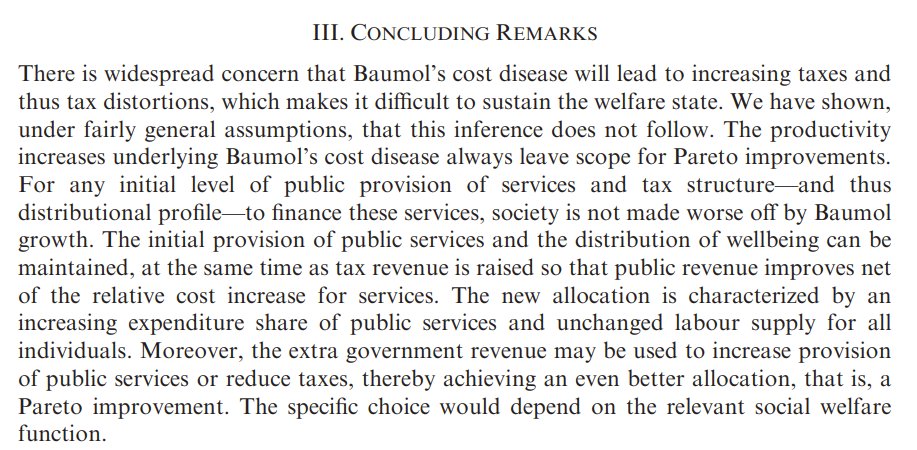In a narrow sense it's absolutely true that people making $250k in a given year would be net payers with an expanded welfare state - as OP acknowledges in the next tweet. He's also right that there are benefits beyond strict costs, like consumption smoothing and stability
https://twitter.com/SwannMarcus89/status/1665832781430112258
But I want to make a broader point about incomes. When we talk about "a person in poverty" or "a person making $250k" we tend to take a point in time measurement and act as if that is a constant state
But we vastly underestimate income volatility. This is *especially* a problem at the low end, where efforts to target "the poor" often run into problems because the target is constantly churning in and out of poverty within and between years
https://twitter.com/jdcmedlock/status/1296897365178122241
But it is an issue at the top too. Some people making $250k+ will make that their entire lives, but there's a larger group that may be experiencing a short term peak income that goes back down quickly. They're still rich, but worth noting heterogeneity
journals.plos.org/plosone/articl…
journals.plos.org/plosone/articl…

What matters for consumption smoothing is wealth, not income. And you need a large amount of wealth to replace social insurance. Many rich people have that, but it's very correlated with age, so younger high income people especially have a lot to gain
https://twitter.com/jdcmedlock/status/1361194924255834114
All this is to say, no one needs to shed a tear for people making a ton of money, but it's worth recognizing that a single year income measurement is not a perfect proxy for whether or not someone is a net beneficiary from social insurance over their lifecycle
• • •
Missing some Tweet in this thread? You can try to
force a refresh

 Read on Twitter
Read on Twitter



















